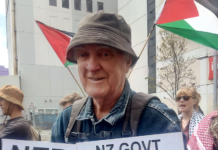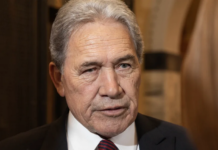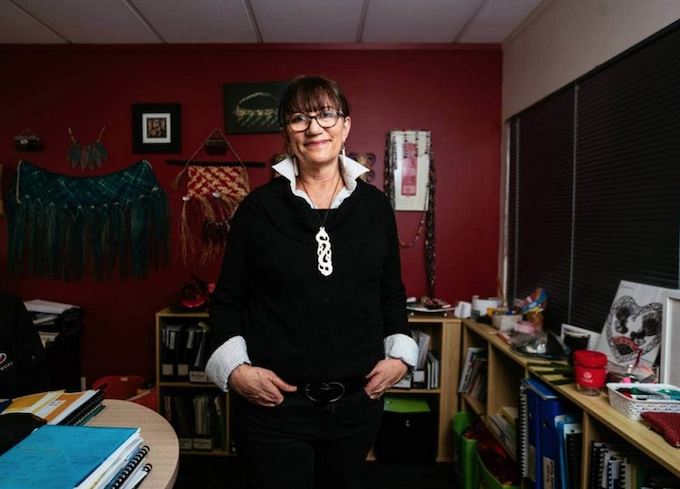
By Stephen Forbes, Local Democracy Reporter
Manukau Urban Māori Authority (MUMA) is welcoming the government’s health reforms as an important first step to improving Māori and Pasifika health in south Auckland.
But some in the health sector say the jury is still out on what will be achieved in Counties Manukau.
Under the reforms, the country’s 20 district health boards have now been replaced by Te Whatu Ora (Health New Zealand).
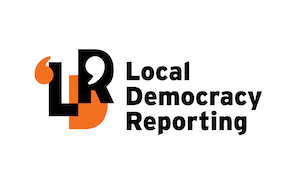
The new Crown entity will be responsible for running hospitals, primary and community health services.
The government says it will allow for more consistent delivery of health services nationwide and help stop the postcode lottery people face accessing healthcare based on where they live.
The reforms also include the establishment of Te Aka Whai Ora (the Māori Health Authority) to improve indigenous health which will work in partnership with Health NZ.
Muma chairman Bernie O’Donnell has seen the country’s district health boards work first-hand, as a member of the now-defunct Auckland DHB.
Greater responsibility for Māori
He said establishing a Māori Health Authority would give Māori greater responsibility for the delivery of their own health services.
“For too long the health system hasn’t addressed the wellbeing of Māori, or those at the bottom of the cliff,” O’Donnell said. “The reality is we couldn’t continue with what we had. Something had to be done and this is it.”
He said critics of the health reforms are defending a system which had to be replaced.
“The old way the DHBs were run didn’t work for our people. For too long it’s been non-Māori telling us what’s best for us.”
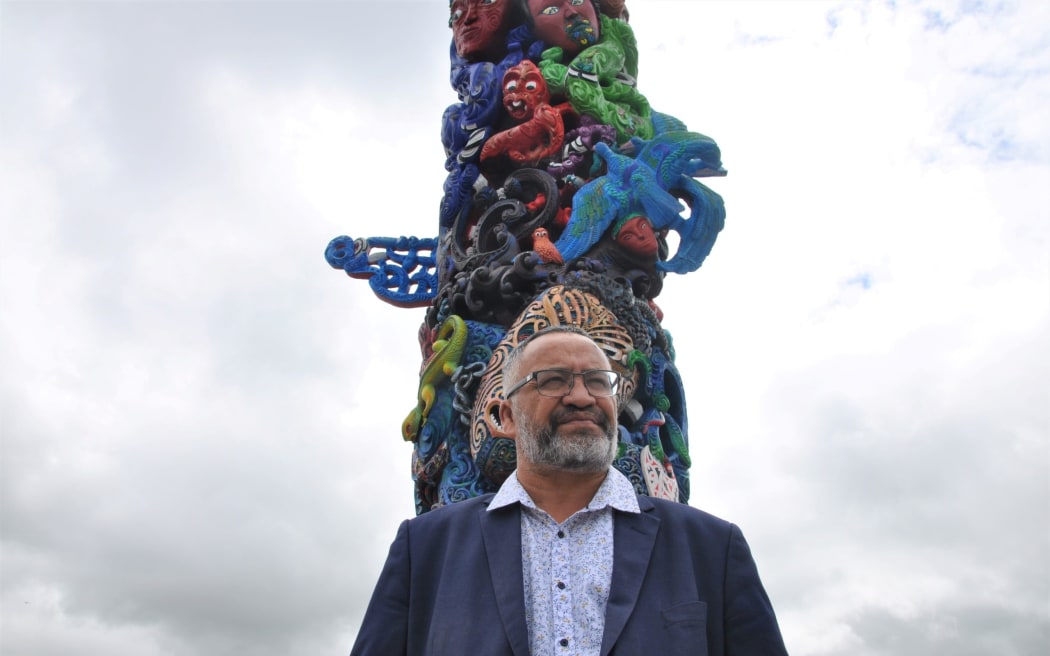
He said ongoing issues left by the Counties Manukau DHB, such as Middlemore Hospital’s under-pressure emergency department and its workforce shortages would all have to be addressed under the changes.
“But what we’re expecting is that Māori and Pasifika health in south Auckland will get better under the reforms,” O’Donnell said.
However, he admitted there’s a lot at stake.
‘Time will tell’
“If that doesn’t happen we won’t have achieved anything of significance,” he said. “But only time will tell.”
Yet not everyone is as certain as O’Donnell on what impact the changes will have.
Turuki Healthcare chief executive Te Puea Winiata said there were still a lot of unanswered questions about the reforms.
Winiata said the creation of the new authority dedicated to indigenous health is an important first step.
But she said it was vital that the new entity had the ability to make its own decisions and help support Māori self-determination.
“The resourcing of the Māori Health Authority is going to be critical to its success,” she said.
Many reform attempts
Winiata said she had worked in the health sector for the past 30 years and in that time had seen a number of attempts by the government of the day to restructure the health system.
She said it was hard to predict what impact the health reforms would have in south Auckland.
“But I think in 12 months’ time we will be able to look at what changes have been made and see what’s been achieved.”
Local Democracy Reporting is Public Interest Journalism funded through NZ on Air. Asia Pacific Report is an LDR partner.


